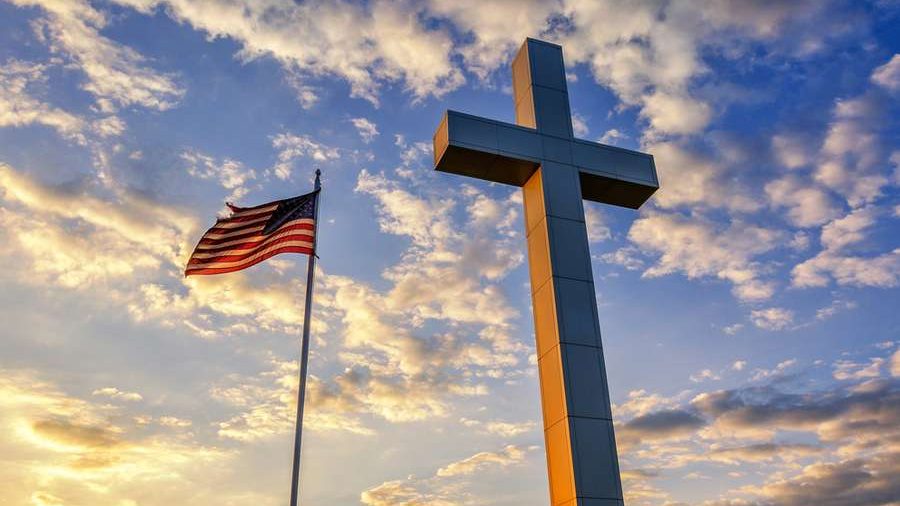A new report by a leading legal group claims that, despite deep division and polarization in the U.S., there is still a national consensus for a broad interpretation of religious freedom.
“The central finding from this first year’s Index is that religious freedom has survived the culture wars,” the Religious Freedom Index released by the Becket Fund for Religious Liberty on Wednesday states.
Becket hosted the launch of the index on Wednesday, as a comprehensive study of American perspectives and views on religious freedom.
The index scores the views of Americans on six facets of religious freedom—religious pluralism, religious sharing, religion and policy, religion in action, religion in society, and church and state.
Data for the study was gathered by polling of a representative sample of Americans from around the country, conducted by Heart & Mind strategies.
Mark Rienzi, president and senior counsel at Becket, called the index “a new tool for understanding Americans’ sentiments towards our first freedom.”
The index’s three main findings are that Americans still support “a broad interpretation of religious freedom” despite the culture wars, are wary of governments penalizing people for the free exercise of religion, and support “accommodation" for minority religions.
The report found strong opposition to government taking adverse action against people or organizations for their free exercise of religion. Seventy-four percent of respondents answered that individuals and groups should not be penalized for saying that marriage is between one man and one woman; seven in ten answered that government should not interfere in the employment decisions of religious organizations.
Nearly three-in-four respondents, 74%, supported workplace accommodations for practice of minority religions, and 63% still supported such accommodations “when it creates an imposition or inconvenience for others.”
Certain racial minorities—African-Americans and Hispanics—were more likely to view religion as “part of the solution” in society, Montse Alvarado, Becket’s vice president and executive director, noted in a panel discussion following the release of the index.
Tim Carney, commentary editor for the Washington Examiner and author of the book “Alienated America,” pointed out that it can be “tricky” to explain the differing, seemingly contradictory, beliefs on the role of religion in society—often held by the same person.
For instance, he said, many Americans say there should be a “wall of separation” between church and state, yet also believe the government should be helping the poor.
However, the organizations with the best track record of serving the marginalized are often religious organizations, which brings up the question of government support of religious organizations.
While the “abstract” of such funding “bothers a lot of people,” he said, when the particulars of a situation are explained—the use of government funding for a church’s soup kitchen or a religious group that helps trafficking victims—people are usually more amenable to it.
Another common debate today over religious freedom, Carney said, is the freedom of churches and religious organizations to publicly hold beliefs deemed by some to be controversial and/or discriminatory.
For instance, failed Democratic presidential candidate Robert Francis “Beto” O’Rourke said in an October townhall that churches should face the removal of their tax exempt status if they teach that marriage is between one man and one woman.
Catholic adoption agencies have already closed their doors in some states, Carney said, and under such a mentality “you’re seeing the church retreat from the public square.” In these cases, the poor suffer, he said, but it also “reduces the appeal of the church” if its members or clergy are not seen in the public square.
For one of the questions of the importance of religion in the life of respondents, 43% answered that religion was “extremely” or “very” important, and 27% said it was “somewhat” important. 30% answered that it was either “not very” or “not at all” important.
Nearly six in ten respondents said it was “absolutely essential” or “very important” to act to protect religious freedom.
A majority (57%), given two different scenarios of a business owner or private organization “holding unpopular views” believed by some to be discriminatory, said that their belief was “somewhat” or “exactly like” that the owner or organization should be allowed to have their belief without losing their job or business.

